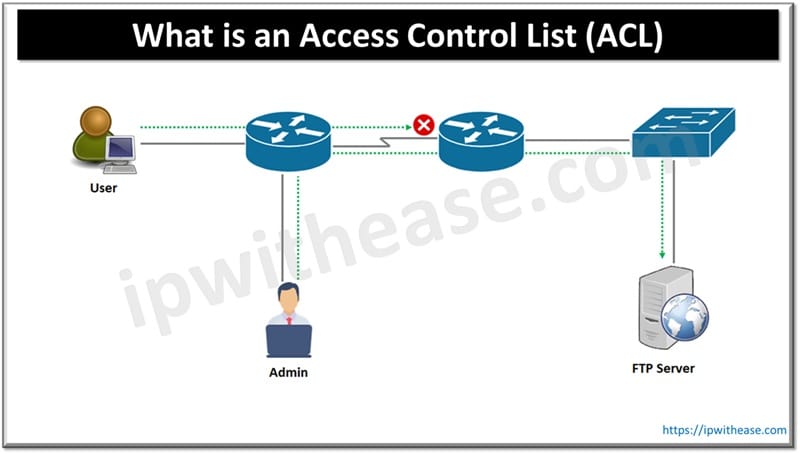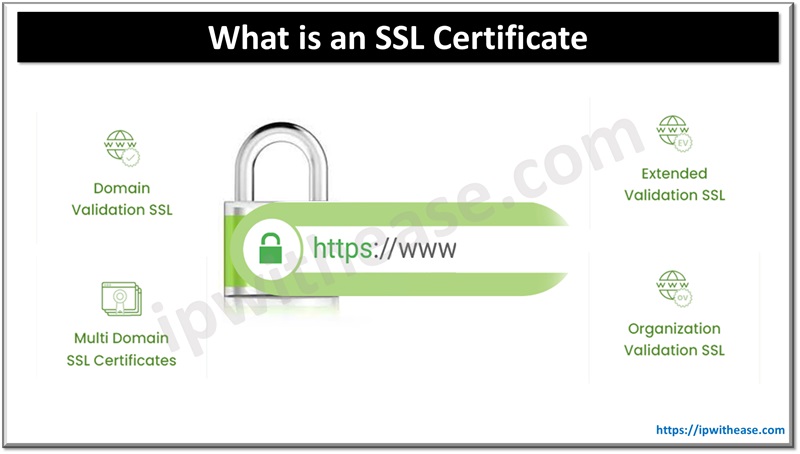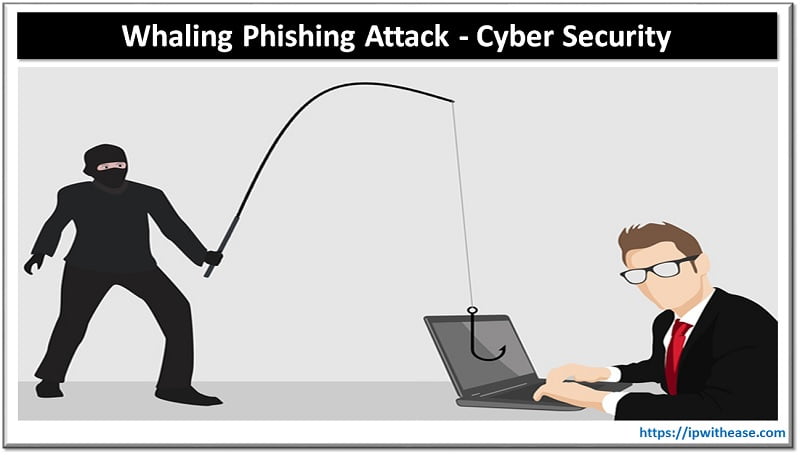Table of Contents
With the increasing popularity of Virtual Private Servers (VPS) for hosting, websites, and data protection, cyber threats have also evolved, making it necessary to employ advanced VPS security features. Where VPS offers efficiency, security, flexibility, and reliability to businesses and developers worldwide, it also requires proactive monitoring and next-generation security features.
From advanced malware to AI-powered cyberattacks, the future of VPS security demands a complex approach that combats these sophisticated attacks. Therefore, in this article below, we will learn about a few future trends that will change how we view VPS security. We will also explore emerging threats to look out for to enhance your security measures. Stay informed with this blog and protect your server against any potential threats and attacks in the future.
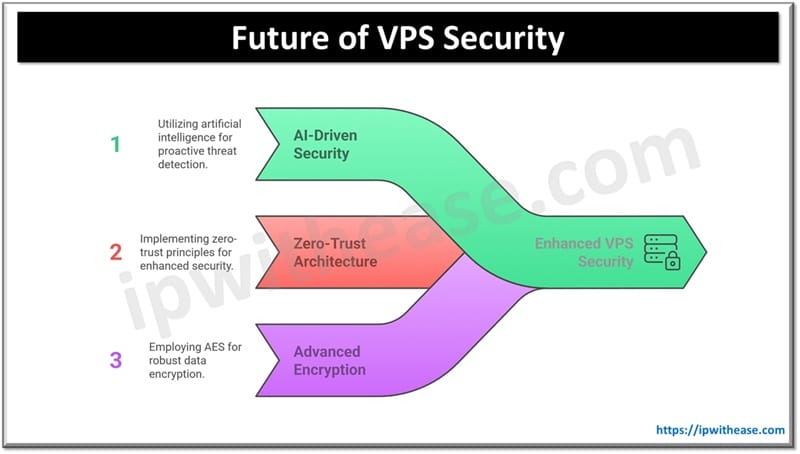
The Future of VPS Security: Trends and Solutions
There is no denying that virtual private servers (VPS) are generally more secure and preferred compared to shared hostings with similar security levels to dedicated servers. VPS are isolated environments on private servers that minimize the risk of any potential hacks and threats, making them more secure than shared hostings.
That being said, it is still possible to breach the VPS security. So, to further improve the security measures of the VPS server, we are witnessing future trends and solutions in VPS security. Here are a few trends to watch out for:
AI-Driven Security
Just like any other aspect of the digital world, the use of AI in server security is not a surprise. Different hosting providers, such as VPS server hosting by Liquid Web, have started to implement AI algorithms, predictive security analytics, and adaptive learning to actively monitor, detect, and respond to anomalies. With the use of AI and analyzing vast amounts of data in real-time, businesses can detect abnormalities such as unusual traffic patterns and login attempts to prevent any cyberattacks.
Zero-Trust Architecture for VPS Environment
Unlike traditional security measures where internal networks are always trusted, ZTA for VPS verifies and authenticates every access attempt, regardless of its source. ZTA requires strict identity checks for every user trying to access the VPS and its resources, enhancing the overall security measures.
Advanced Encryption (AES)
Advanced Encryption (AES) is known for its secure encryption standard to protect sensitive data that can only be scrambled through a secret key. Without the proper decryption key, the data is impossible to read, ensuring a high level of security standards within the VPS.
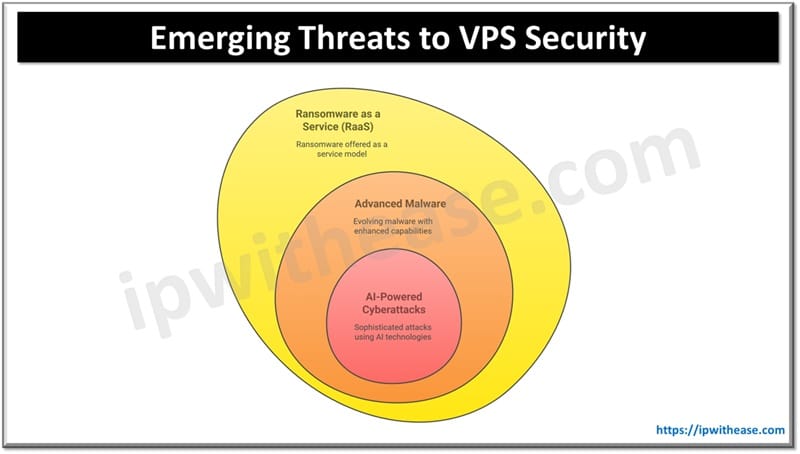
Emerging Threats to VPS Security
With the advancements in VPS security, cyberattacks have become more sophisticated and advanced, making it challenging for businesses and developers to keep up with the complexity. To make sure you are a step ahead of these threats, there are a few emerging threats to watch out for:
AI-Powered Cyberattacks
Hackers are now using AI/ML algorithms and techniques to personalize, automate processes, and target cyberattacks. You could be receiving realistic emails, SMS, and phone calls without knowing it is an AI-powered cyberattack.
Advanced Malware
Advanced malware that is capable of bypassing traditional antivirus software poses a significant threat to VPS security. These are designed to infiltrate systems stealthily, target specific organizations, and bypass sandboxing environments without triggering alerts.
Ransomware as a Service (RaaS)
RaaS is a cybercrime business model where ransomware developers create, rent, or sell ransomware tools and code that are used to attack and target VPS environments.
With hackers and attackers adapting to new updates and technologies, we can expect to see more threats emerging, including supply chain attacks, zero-day exploits, and more. This means businesses and organizations must employ advanced security measures for VPS to minimize cyber attacks.
ABOUT THE AUTHOR
IPwithease is aimed at sharing knowledge across varied domains like Network, Security, Virtualization, Software, Wireless, etc.

